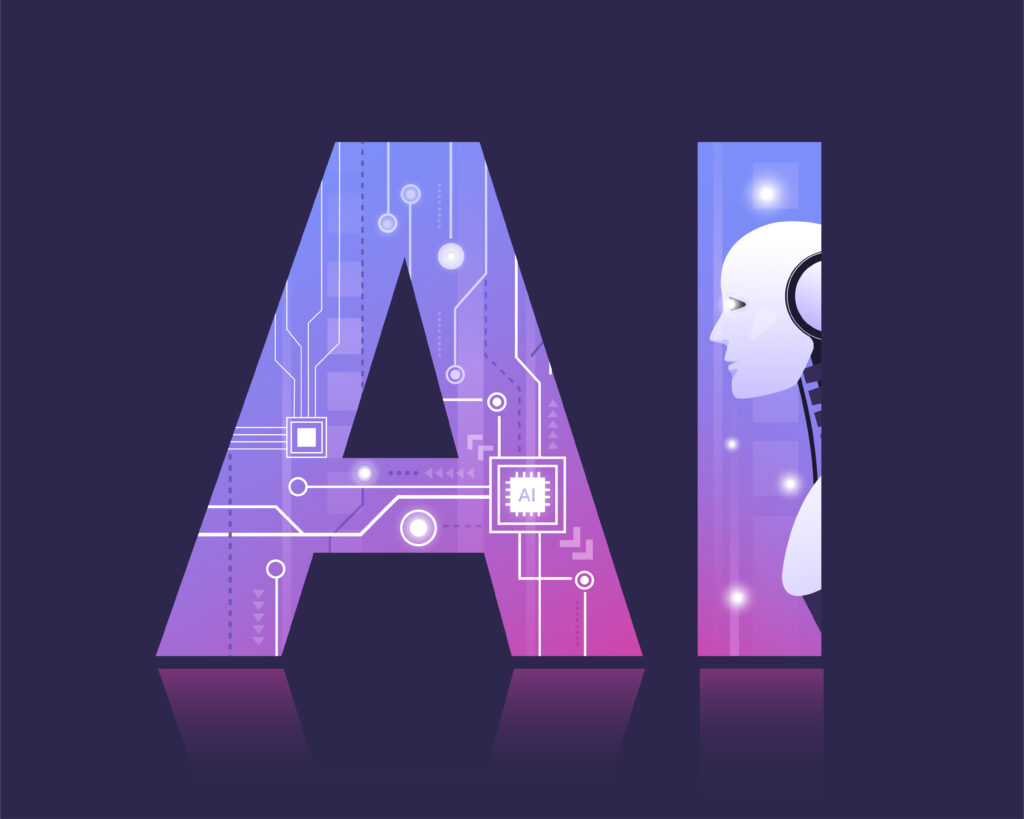OpenAI, the world leader in artificial intelligence research and innovation, has taken another significant step toward strengthening its footprint in Asia. The company has announced the appointment of Raghav Gupta, the former Managing Director of Coursera India and APAC, as the new Head of Education for India and the Asia-Pacific (APAC) region. This move marks a turning point for OpenAI’s global education strategy, particularly as the demand for AI-driven learning tools continues to surge across India and its neighboring countries.
Who is Raghav Gupta?
Raghav Gupta is a renowned name in the education and edtech space. With more than two decades of experience across industries, Gupta became a household name during his leadership tenure at Coursera, one of the world’s largest online learning platforms.
At Coursera, Gupta played a key role in expanding the company’s presence in India and APAC, making the region one of the fastest-growing markets for online education. Under his leadership, Coursera forged partnerships with top universities, governments, and corporates to deliver accessible and affordable digital learning opportunities.
Gupta has also worked across consulting, corporate strategy, and leadership roles in organizations such as Bain & Company and Technopak. His focus on skill development, digital transformation, and inclusive education makes him an ideal choice to spearhead OpenAI’s education initiatives in the region.
Why OpenAI Chose India and APAC
The appointment highlights the importance of India and the broader APAC region in OpenAI’s global roadmap. Several factors make this geography crucial:
- Youth Demographics: India alone has one of the largest youth populations in the world, with a massive demand for skilling, reskilling, and upskilling in the digital economy.
- AI Adoption: Businesses, startups, and governments across APAC are rapidly adopting AI to transform industries such as healthcare, education, retail, and finance.
- Education Ecosystem: With millions of students turning to online education, edtech platforms, and AI-powered learning assistants, the region is ripe for innovation.
- Government Push: National initiatives such as India’s Digital India, Skill India, and National Education Policy 2020 (NEP 2020) emphasize the integration of technology in education, making this an ideal time for OpenAI to contribute.
Gupta’s Role as Head of Education
As the new Head of Education for India and APAC, Raghav Gupta will focus on multiple areas:
- Building Partnerships: Collaborating with universities, governments, and corporations to integrate OpenAI’s tools into learning systems.
- Expanding AI Literacy: Creating initiatives to make AI accessible to students, teachers, and professionals across urban and rural areas.
- Developing Learning Tools: Leveraging OpenAI’s technology—like ChatGPT and Codex—for personalized and scalable learning experiences.
- Bridging Skills Gaps: Addressing the shortage of AI and digital skills in the workforce by supporting reskilling and lifelong learning.
- Promoting Responsible AI: Ensuring that AI adoption in education adheres to ethical and responsible standards, especially in diverse cultural contexts.
Potential Benefits of OpenAI’s Education Push
The impact of OpenAI’s decision to invest more deeply in India and APAC through education could be transformative. Some key benefits include:
- Accessible AI Education: AI-powered learning assistants can help democratize knowledge, making high-quality education available to even remote parts of the region.
- Skilling for the Future: By working with educational institutions, OpenAI could play a central role in preparing students for future careers in AI, data science, robotics, and digital transformation.
- Boost to Edtech: Indian edtech companies stand to benefit from partnerships with OpenAI, as they can integrate advanced AI models to deliver better learning experiences.
- Workforce Readiness: Corporates in APAC can leverage AI-driven learning solutions to reskill employees at scale, boosting productivity and innovation.
- Research Collaborations: Universities and research centers could partner with OpenAI to advance studies in AI ethics, applications, and pedagogy.
The Timing of the Announcement

The announcement comes at a critical time when global edtech is at a crossroads. While the pandemic accelerated online learning adoption, many platforms are now seeking sustainable growth models. Meanwhile, AI has emerged as the biggest disruptor in education, from automating grading and assessments to providing personalized tutoring.
OpenAI’s strategic focus on India and APAC positions it at the center of this disruption. With Gupta’s proven track record of scaling educational initiatives, the company is likely to shape the future of digital learning in the region.
Challenges Ahead
While the opportunities are immense, there are also challenges:
- Digital Divide: Many rural and underserved areas in India still lack reliable internet and device access.
- Language Barriers: For AI-powered learning to be effective, solutions must support India’s diverse linguistic landscape.
- Affordability: Despite advancements, education technology must remain affordable for widespread adoption.
- Ethical Concerns: Data privacy, AI bias, and misuse of technology in education are ongoing debates.
Gupta’s leadership will be critical in navigating these challenges while ensuring that OpenAI’s initiatives are inclusive and impactful.
Industry Reactions
Industry leaders have widely welcomed the move. Edtech experts believe that Gupta’s appointment is a “game-changer” for AI in education, given his experience in scaling platforms across APAC. Universities and corporates are also expected to benefit from closer collaborations with OpenAI, especially as AI becomes central to business and academic success.
The Road Ahead
Raghav Gupta’s appointment signals OpenAI’s long-term commitment to shaping the future of education in India and Asia-Pacific. Over the next few years, we can expect:
- Launch of AI-powered education programs in collaboration with Indian institutions.
- Localization of OpenAI’s models to cater to regional languages and contexts.
- Wider adoption of AI tutors and assistants in classrooms and corporate training.
- Contribution to national skilling missions and digital transformation projects.
Conclusion
The appointment of Raghav Gupta as Head of Education for India and APAC reflects OpenAI’s recognition of India’s pivotal role in the global education and AI revolution. By combining Gupta’s proven expertise with OpenAI’s cutting-edge technology, the company is well-positioned to transform how students, professionals, and organizations across the region learn and adapt to the future.
This marks not just a leadership change, but a strategic leap in the fusion of education and AI, one that could define the next decade of learning in Asia and beyond.

